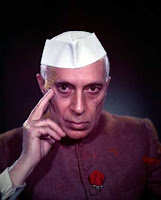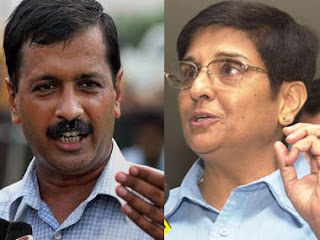 |
| A dream can come true with right engineering |
Being confused about your future is a pretty healthy thing, as it means you are evaluating several options. You are thinking. You are not sure. This is how it should be, initially. No worries!
Choosing any career
For any student stuck in a dilemma, a good basic course of action is:
- Introspection - Undertake a serious process of introspection to identify your triggers.
- What you love - Find out what are 3 or 4 things you would love to do consistently for many years, day in and day out, and be happy doing those.
- Listing - Make a list of everything you thus evaluate.
- Feedback - Discuss with family, friends and those you trust.
- Reality-check - Check your background dispassionately - what a student does through schooling and college years is a reasonably good indicator of future potential in terms of entrepreneurship or business leadership.










